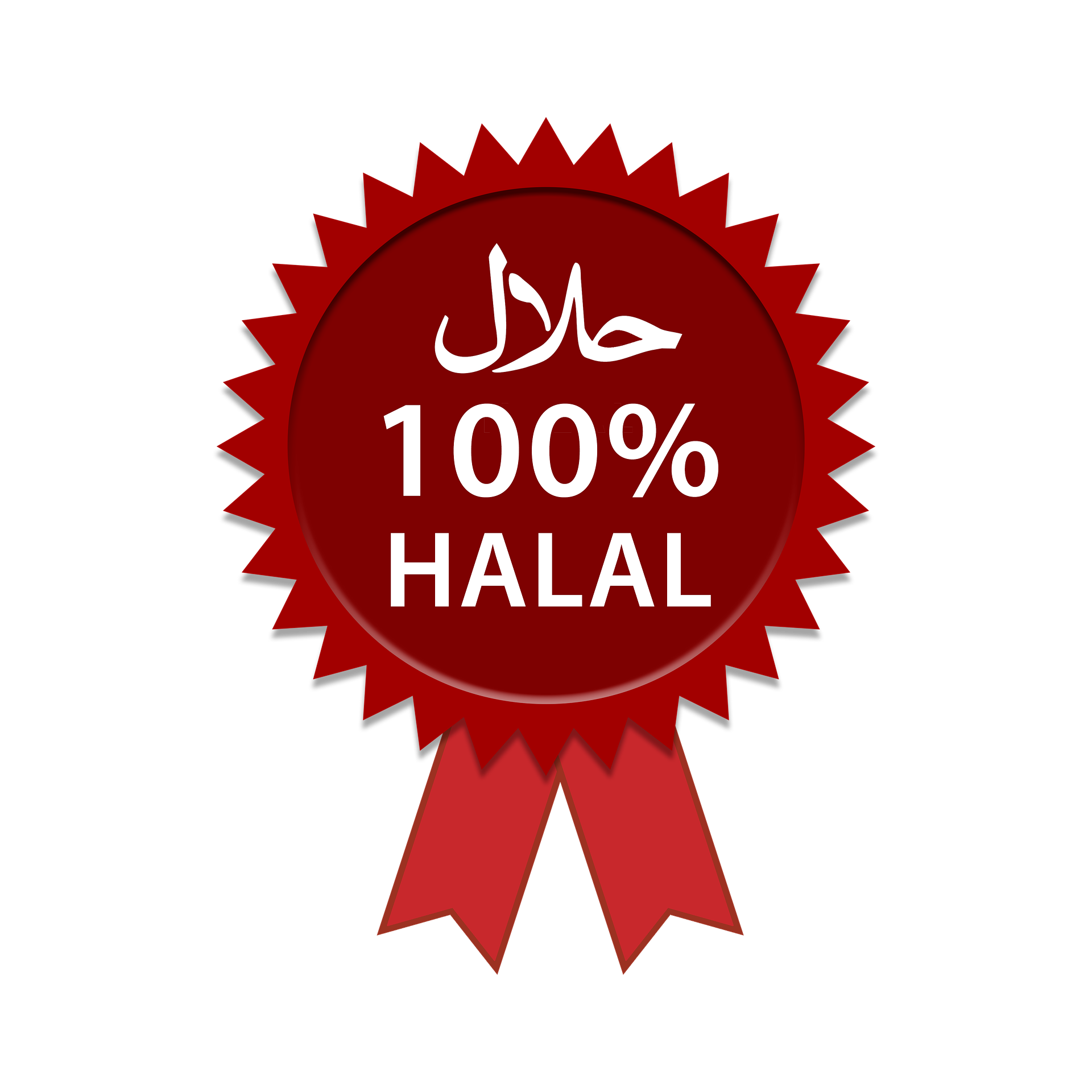Blockchain, beyond the buzz, is a general purpose technology that is widely applicable to food supply chains. Often misunderstood, a public blockchain serves as a neutral arbiter of trust, capable of integrating data from different stakeholders into a single unmodified chain of information. In the food industry, this allows for proof of origin, end-to-end traceability, and even quality assurance of products.
One specific industry that stands to exponentially reap the benefits of such a distributed system is the global halal market. Halal, a term used to refer to Islamic law and the means by which meat should be prepared, is a crucial product identifier for more than 1.5 billion people around the world. As halal products have become better known for their health benefits and sustainable practices, fraudulent products claiming to adhere to rising consumer expectations have come to dominate the market. Blockchain may hold the key to effectively combating these practices but many still have questions about the technology. How exactly can blockchain be used to verify the integrity and authenticity of halal products? What benefit would consumers have from such a technology? Most importantly, how can blockchain open up the halal market for new competitors interested in building an inherently transparent business, offering inimitable traceability? Blockchain, as will become clear in time, will digitally transform the entire halal industry in a trusted and transparent manner.
Blockchain, as will become clear in time, will digitally transform the entire halal industry in a trusted and transparent manner.
In simple terms, a public blockchain refers to a distributed network of operators whereby data can be collected and verified by any party with access to the network. In turn, this data remains visible to all third parties involved or merely spectating. What this provides, unlike a database and other information technologies, is a way for multiple parties to build trust around the information they are sharing, by permanently writing such data into a publicly visible ledger.
More concretely, for the halal food market, this would mean that the origin, quality-controls, and supply chain journey of all halal products could be integrated into a single coherent data flow. From the butcher, to the transportation company, through customs controls, and up until the retailer, the various stakeholders can each, individually, upload data to the blockchain from their portion of the supply chain, communicating their role and activity in the process. Once the product reaches the consumer, all of the data can be integrated into a single application or web address that can be accessed by scanning a QR code with a smartphone.
Importantly, this is only the tip of the iceberg for the kinds of solutions that blockchain-based technologies can provide for the $ 1.4 trillion USD global halal food market. Unlike many other food products, halal is distinct insofar as it must be prepared in a specific way and cannot, under any conditions, contain pork. While certain labels such as HACCP (Hazard analysis and critical control points), GMP (good manufacturing practice), and GHP (good hygiene practice) have been used to identify properly sourced and managed halal products, blockchain takes such systems and brings them up to an entirely new threshold.

Beginning on the farm, the animal in question can be individually labeled alongside its dietary routines: How the animal was taken care of, what it was fed, and its individual ID can all be immutably recorded;
At the butcher, everything from images with timestamps to veterinarian health check documents can be uploaded to the blockchain to verify the exact cut of meat and establish the conditions in which it was prepared, thereby ensuring that it is safe to sell to customers and certify as halal;
Taking things one step further, the halal products in question can be quality tested using a DNA sensor after being prepared, and then monitored using temperature-sensitive smart packaging that tracks the product environment;
These sensors and smart packaging devices can then be calibrated to automatically transmit data to the blockchain in real time. Geographical coordinates, customs controls, and other identifiers of where the product has traveled can also be incorporated either through a sensing device, text message, or other forms of digital communication.
Blockchain is a foundational technology, that can create a self-reinforcing cycle of trust, transparency, and positive business practices for the halal supply chain.
Once stored on the blockchain, this information can be synthesized and externally configured in the form of a web and mobile application. A solution for import controls on halal products can be designed to improve regulatory compliance; customer reviews of products, and new marketplaces for suppliers can additionally be created. Data, once integrated onto the blockchain from halal supply chains, can be further used for legal, tax, insurance, and consumer purposes so as to unlock hidden value and improve business to business (B2B) or business to consumer (B2C) relations by building trust and credibility in the authenticity of the produce.
As the global halal market is projected to reach a market value of US$ 2.6 trillion by 2023, an ever-growing number of products and beverages will begin to integrate the halal label. For consumers, chefs, and food and flavoring companies (among others) the prospect of better sourcing halal products with enhanced quality controls will increase the appeal of blockchain-based halal foods across the food value chain. New companies interested in building a brand based upon transparency, quality assurance, and consumer interaction, will be able to leverage blockchain as a competitive advantage and stakeholder of trust.
Finally, for consumers, the possibility of distinguishing between fraudulent and verified halal products via a QR code on the side of a package or bottle will limit counterfeit goods, and positively reinforce good business practices. Altogether, blockchain is a foundational technology, that can create a self-reinforcing cycle of trust, transparency, and positive business practices for the halal supply chain. As the global halal market continues to expand into new industries and reach out to new consumers, blockchain is an optimal business solution for digitally grounding quality-halal products on an immutable and trusted foundation.
Maintaining Halal Integrity in the Supply Chain with Blockchain Technology posted first on happyhourspecialsyum.blogspot.com

No comments:
Post a Comment